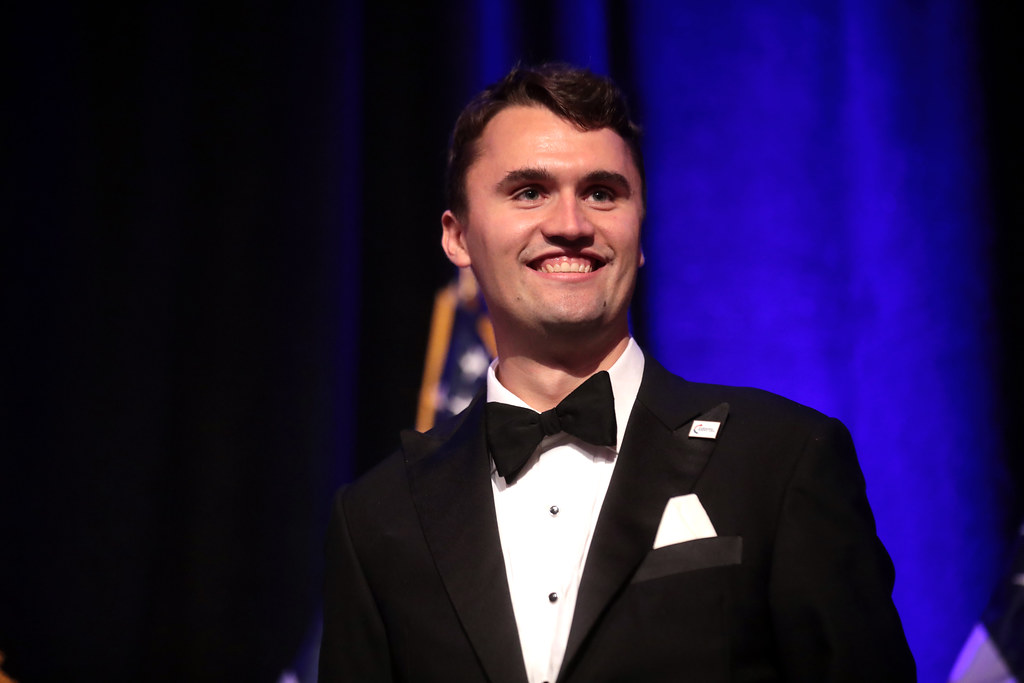
Is this it? Is this what 250 years has wrought upon us? Utah Governor Spencer Cox asked at a press conference, with the gravitas of a nation stunned by another bout of political violence. The shooting of conservative activist Charlie Kirk on Wednesday at Utah Valley University left Americans stunned, bereaved, and looking for clues not just about the crime itself, but about what it reveals of the political climate of the country.
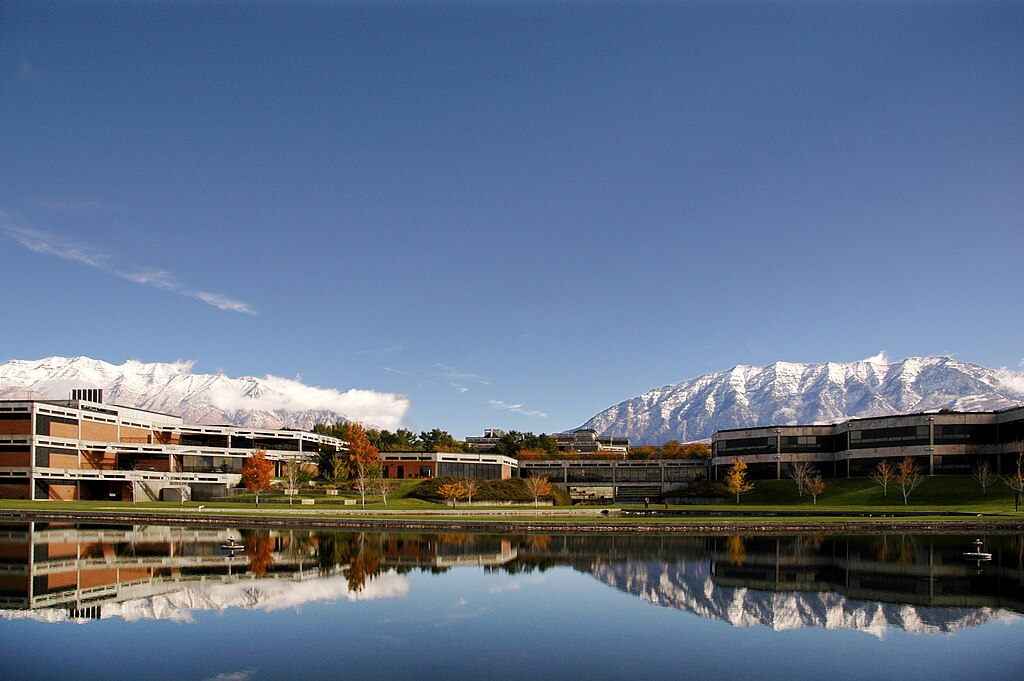
1. The Shooting at Utah Valley University
Turning Point USA co-founder and vocal conservative Charlie Kirk, 31, was giving an outdoor speech on the initial stop of his American Comeback Tour when a single gunshot was heard at 12:10 p.m. local time. Officials at the university think that the bullet came from a rooftop approximately 200 yards away. Witnesses reported a happy crowd of some 3,000 just prior to the attack, with some protesters in attendance. The bullet hit Kirk in the neck as he responded to a question regarding mass shootings. He was taken to Timpanogos Regional Hospital, where he was pronounced dead.
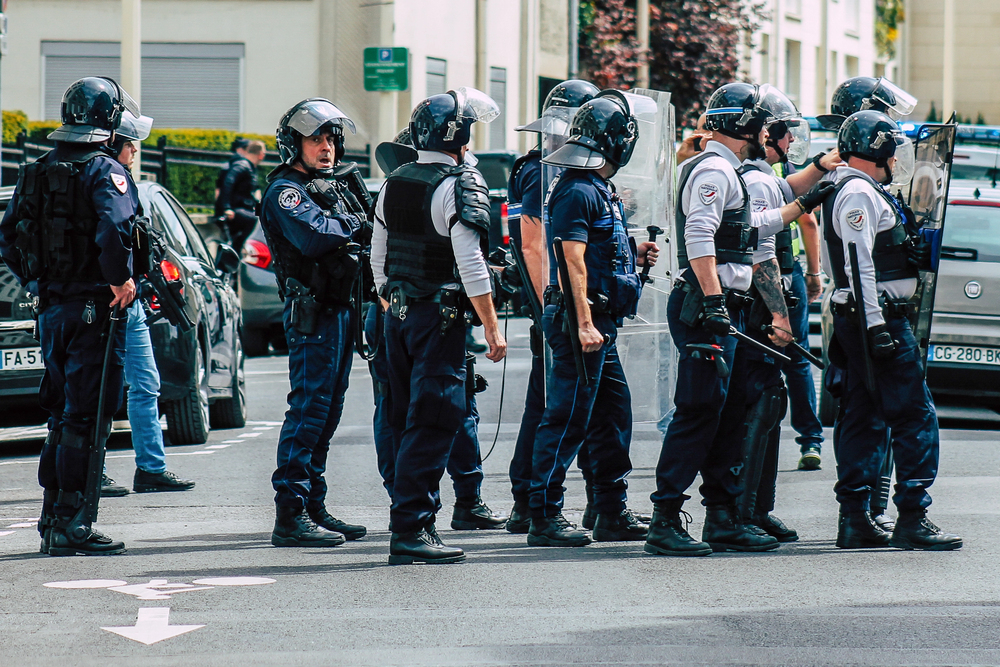
2. Security and Scene Response
There were six police officers from the university on the premises, in addition to Kirk’s personal security, but there was no screening of bags for patrons. The Utah Department of Public Safety has referred to it as a “targeted attack.” Graphic videos posting online depict Kirk falling while patrons scrambled for cover. The campus is shut down until Sunday and law enforcement is processing multiple active crime scenes related to the event.
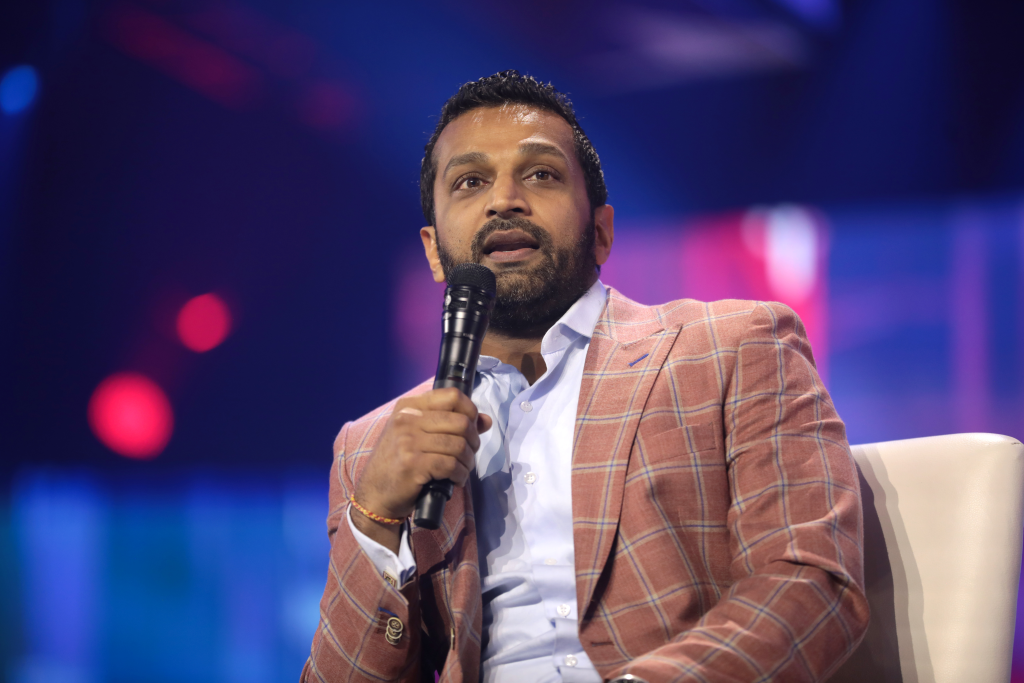
3. The Confusion of the Investigation
The manhunt continues. Two were initially arrested but then released one charged with obstruction, unrelated to the shooting, the other cleared completely. FBI Director Kash Patel and Gov. Cox both declared a suspect was in custody before retracting the statements. Experts such as Kenneth Gray caution that these reversals “send the wrong message to the public,” highlighting the intricacy of following a professional shooter who left minimal trail.
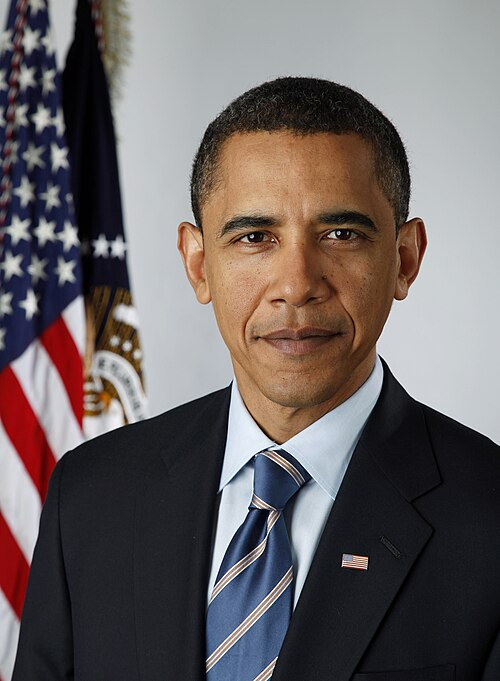
4. Political and Public Responses
There have been condemnations of the murder across the political board. Former Presidents Barack Obama and George W. Bush, and the Ronald Reagan Presidential Foundation, condemned the violence. President Trump deemed it a “heinous assassination” and a “dark moment for America,” correlating it with other recent political violence. Vice President JD Vance offered a personal eulogy, remembering Kirk’s contributions to Republican electoral success and his ability to work with adversaries. Global conservative figures also contributed, presenting the assassination as part of an epic ideological struggle.

5. A Troubling Pattern of Political Violence
Kirk’s death adds to a mounting list of politically driven violence in America from the 2017 shooting of Rep. Steve Scalise to the 2024 attempted assassination of Trump, and killing of a Minnesota legislator earlier this year. Statistics from a July NPR/PBS News/Marist poll indicate that 73% of Americans consider political violence to be a significant issue. Experts caution that more and more polarizing language, distributed by social media, is driving the cycle.
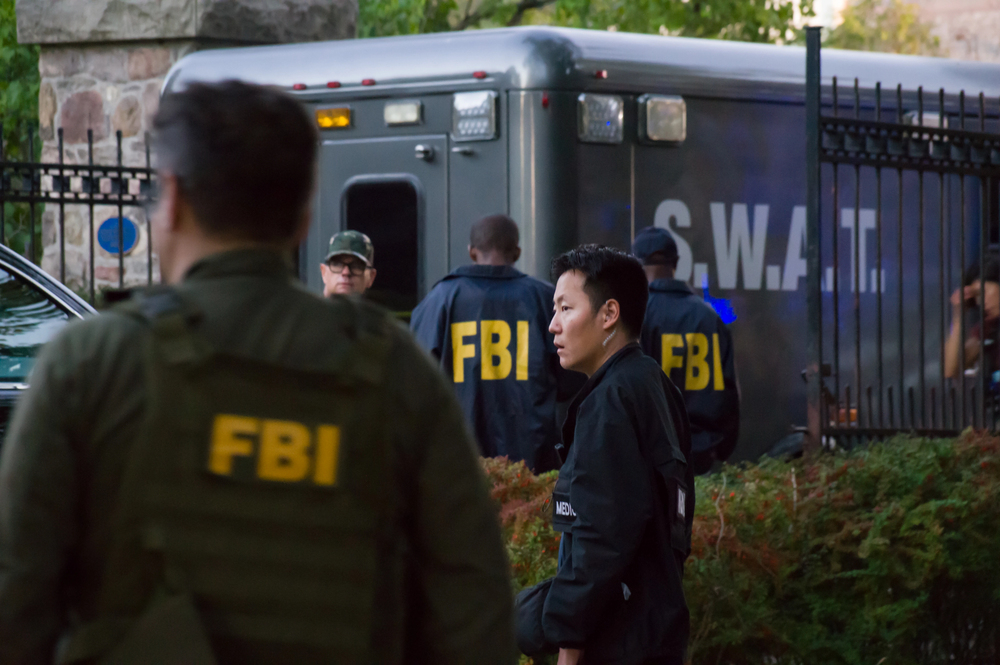
6. Historical Context
Political attempted assassinations and assassinations have been part of U.S. history, from Abraham Lincoln to Ronald Reagan. The FBI indicates most such assaults are followed by “leakage” written or verbal communication announcing intent. They can be as short as a tweet or as elaborate as a manifesto. Detection and response to these warning signs are a primary prevention method, but timing and public awareness are essential.

7. Managing the Emotional Impact
For those outside Utah, even this type of news can cause anxiety, fear, or feelings of helplessness. Mental health professionals suggest bounding news in moderation, blocking painful social media profiles, and checking in with oneself after a break. Engaging with community through volunteering, quiet civic activity, or respectful conversation can assist in regaining a sense of agency. “Assisting others and getting involved in our local community in a positive way is beneficial for our mental wellbeing,” observes advice from wellbeing experts.

8. Safeguarding Mental Wellbeing in a Polarized Environment
Psychiatrist Michelle Riba recommends paying attention to how political conversations impact those around you, and walking away from tense dialogue. Respectful, balanced conversations can increase understanding, but it is also okay to disengage when needed. She also prioritizes sleep, exercise, wholesome food, and spending time in nature to offset the stressfulness of the news cycle.

9. Moving Forward Amid Uncertainty
Law enforcement continues to urge the public to share any information, photos, or videos via the FBI’s digital tip line. While the search for Kirk’s killer intensifies, the broader challenge remains: breaking the cycle of violence and rhetoric that erodes public safety and trust. For individuals, that means staying informed without becoming consumed, and finding constructive ways to engage in the democratic process without sacrificing mental health.


